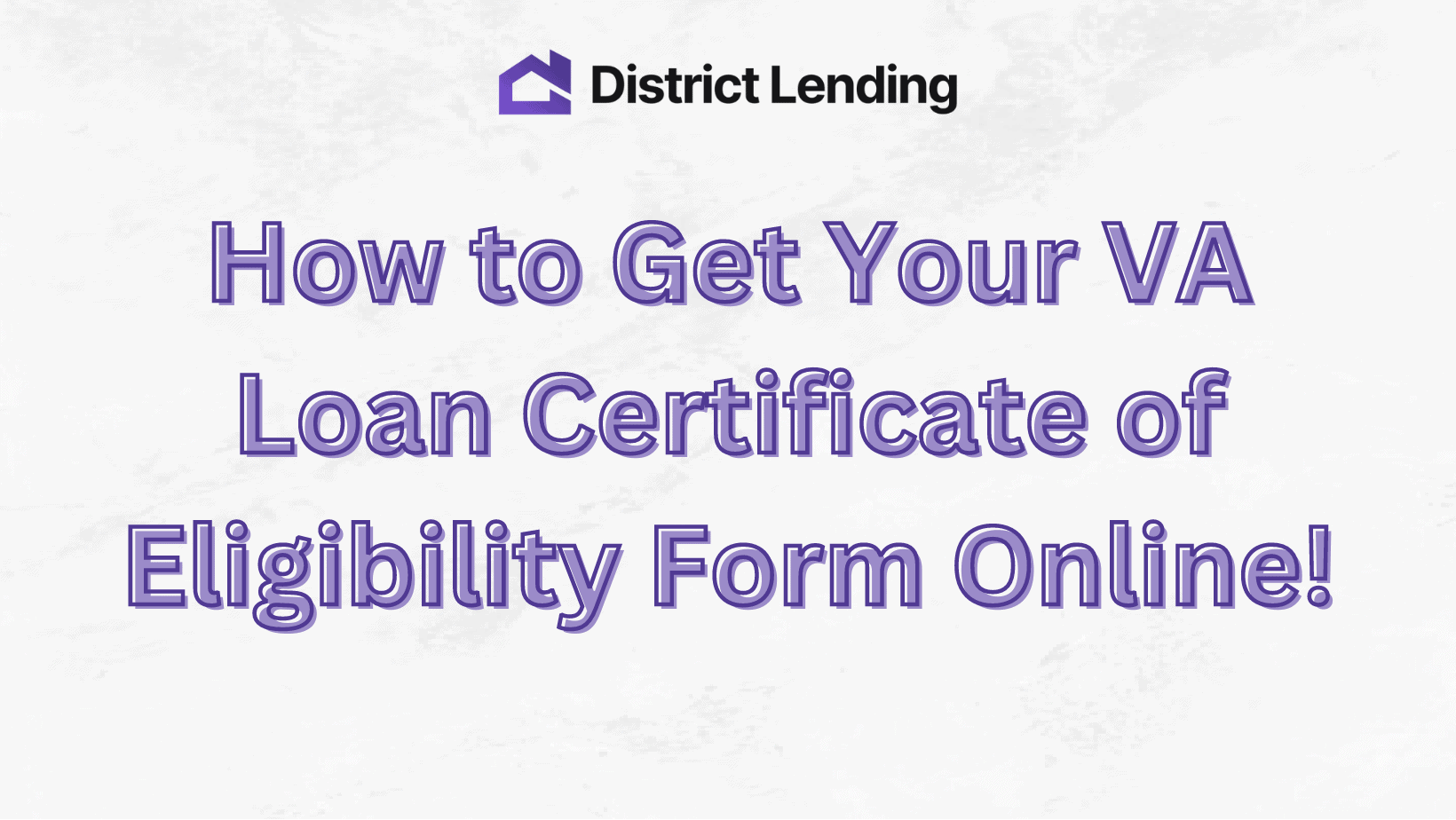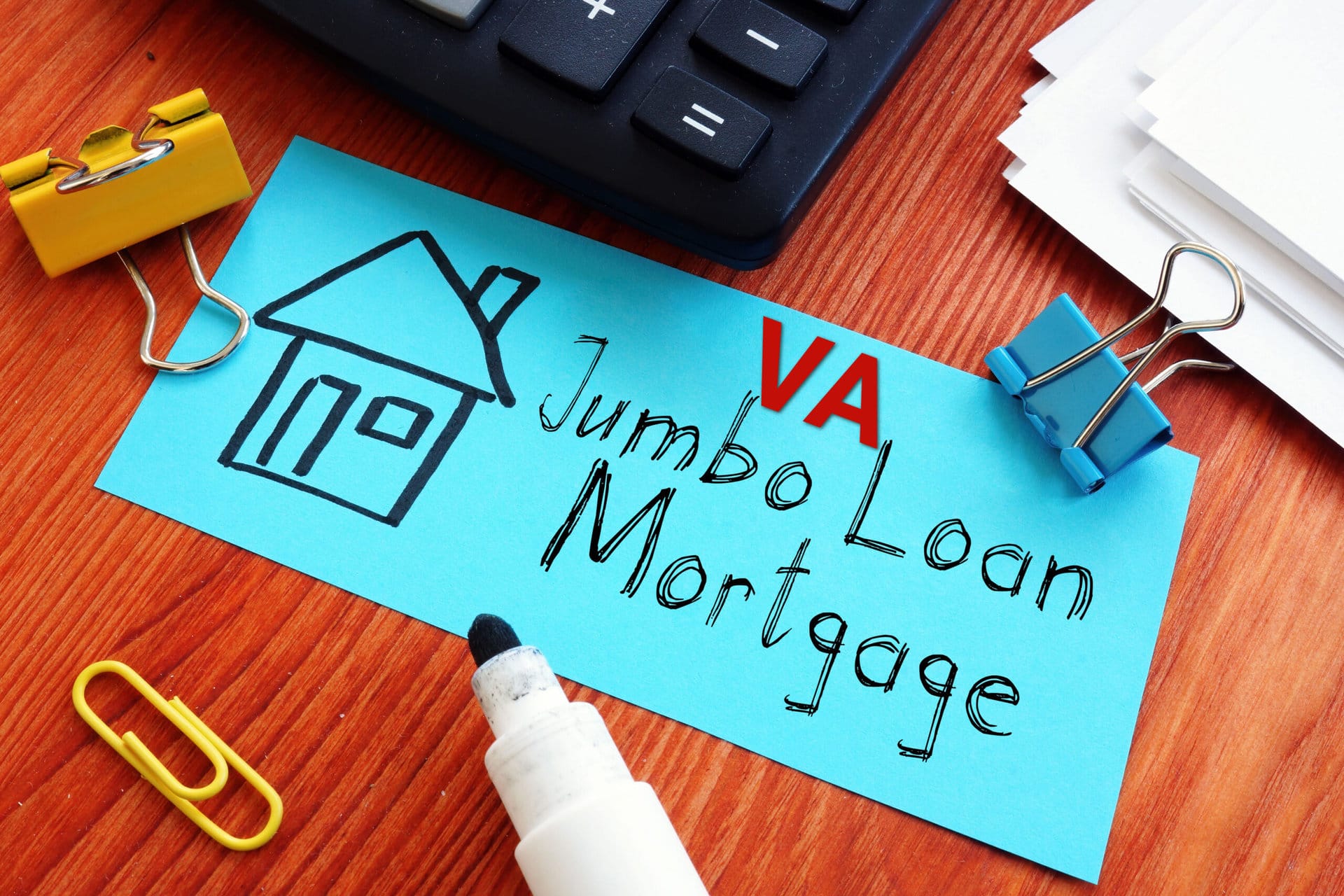When buying or building a new home, it is best to evaluate what type of mortgage best fits your needs. Consulting with a mortgage professional is the best step before making any decision. You can also use a real estate professional to assist you.
Military members, veterans, and surviving spouses of veterans can now benefit from a VA home loan. The loan allows eligible members to acquire a new property or finance any existing mortgage. The loan type has several benefits, such as no or low down payments. However, it also has its downsides. Therefore, educating yourself about the pros and cons of a VA loan is crucial.
What is a VA loan?
VA loans are home loans available to eligible veterans and military members. The VA loan is a program by the Department of Veteran Affairs. However, the government does not generate the money to finance the loans. Instead, the loans originate from VA-approved lenders such as credit unions, banks, and mortgage companies.
Several active military members, veterans, and surviving spouses are eligible for the VA loan. Statistics show that during the first quarter of 2022, the Veteran Affairs guaranteed more than 260,000 loans totaling $83 billion.
How to Determine if You are Eligible for a VA Home Loan
A common misconception exists that only veterans qualify for a VA loan. However, active members and surviving spouses can take advantage of this mortgage offer. Applicants should prove to have an acceptable credit score, sufficient income, and a valid Certificate of Eligibility.
Homes purchased from a VA mortgage should be used as the beneficiary’s primary residence. Therefore, speaking to a mortgage professional dealing with VA loans is essential. The professional will discuss the pros and cons of a VA home loan.
However, general guidelines can help determine whether you qualify for a home loan. These guidelines include the following:
- You have more than 90 consecutive days serving in the military during a war
- You have done more than 180 days of active membership during peacetime
- You have more than six years in the service as a National Guard or Reserves
- You are a surviving spouse of a military member who passed on while in the line of duty or due to a disability related to service
Other requirements of the VA loan include the following:
- Qualified applicants should move into the new home within sixty days of closing
- The house should serve as your primary residence and not be used as an investment
- VA loans do not have any income restrictions, but you must show proof of stable income
Veterans and service members should not worry about meeting the requirements when applying for VA loans through the District Lending Company. District Lending is an approved VA loan lender willing to help you meet all your needs and obtain a certificate of eligibility.
VA Loan Advantages and Disadvantages
VA loans have several benefits that make them ideal for helping you purchase a new home. However, every time you make such a big financial decision, it is best to look at the pros and cons of VA loans.
Pros of VA Loans
- No Down Payment
One of the biggest advantages of the VA loan is that eligible members receive 100% financing from the lender. Unlike other conventional loans, borrowers do not need to pay any money as a down payment when purchasing a new home.
Most conventional mortgage home loans require buyers to put in a minimum of 3.5% of the total purchase price as set by the FHA guidelines. Therefore, homebuyers using VA loans do not need to save for a down payment. It helps you save, especially if your cash reserves are low.
However, it is best to put a down payment if you are in the position to do it. Some small down payment minimizes the loan-to-value ratio, reducing monthly payments. It also helps to reduce the interest rate and increases the equity in your home.
Research shows that 36% of Americans prefer renting since they cannot raise the amount required as a down payment by conventional loans. Therefore, VA loans relieve people who cannot raise the required down payment.
- No Private Insurance Mortgage
Another amazing benefit is that applicants do not need to pay for any mortgage insurance. Private mortgage insurance is the money paid as part of the closing cost by the homebuyer. Loan applicants pay it upfront and as part of monthly installments. It protects the lender if the buyer defaults on payments towards the mortgage.
- Low-Interest Rates
Top lenders charge low-interest rates for VA loans compared to conventional loans. Therefore, you can save more when using VA loans than conventional loans. In most cases, VA loan rates fall at 0.5 % lower than the normal rates.
- No Prepayment Penalties
Some FHA loans come with prepayment penalties, which can prevent you from saving. Certain mortgages penalize people who try to pay off the mortgage early. It sounds unrealistic, but lenders always want you to continue paying so they can collect the interest from the mortgage.
However, with VA loans, borrowers can pay the mortgage early without penalties. Lenders allow beneficiaries to make additional payments and clear the loans early.
- Provides Convenient Refinancing Options
VA loans have several refinancing options that help qualified borrowers lower their monthly payments. One major finance option for VA borrowers is the VA Interest Reduction Refinance Loan. It allows veterans to lower their interest since you are financing from another VA loan product.
One can also opt for the VA Cash-Out Refinance, which allows VA borrowers to refinance and get cash at closing to pay any debts or take care of other needs.
- Extensive Inspection Process
Mortgages, including VA home loans, require you to perform an independent home inspection before buying a home. However, with VA loans, one does not require an independent inspection, but one has to meet other requirements before funding.
One common term that appears during VA loan applications is the MPR, which stands for minimum property requirements. During the appraisal process, the appraiser should inspect several items within the property.
The VA appraiser inspects all aspects of the home, such as:
- Cooling system
- Roof
- Ventilation
- Hot water production capabilities
Therefore, the inspection process may be thorough compared to other FHA conventional inspections, which is an added advantage to VA loan borrowers.
- Flexible Mortgage Guidelines
Top lenders such as District Lending offer flexible VA loan guidelines. These guidelines are known as mortgage overlays. One of the best features of mortgage loans is that the overlays are more flexible than other mortgage products.
One main feature of the VA loan is the debt-to-income ratio. VA loan borrowers can still qualify for the loan even with a high debt-to-income ratio of up to 41%. It also provides a chance for people considered bankrupt or facing foreclosures. VA allows you to get the loans within a couple of years after bankruptcy. The Department of VA has not set any minimum credit score to qualify for this loan, making it easy to qualify.
- Few Closing Costs
The closing costs associated with VA loans are fewer compared to conventional loans. The VA limits lenders to charge more than 1% of the total price as a closing cost.
Cons of a VA Loan
- Borrowers Pay Funding Fees
VA loans do not require borrowers to pay any mortgage insurance or make any down payment. Borrowers must pay the VA funding fee upfront as part of the closing cost. Borrowers can pay the fee upfront or roll it into the loan and pay as part of monthly installments.
However, the good news is that some servicemen and veterans are exempted from the VA funding fee. Surviving military spouses, service members with a Purple Heart, and Veterans with service-related disabilities do not pay the VA funding fee.
The main purpose of the funding fee is to offset the cost if the borrower defaults on paying the loan. It ensures that the VA loan is also available for future borrowers. Lenders will help you calculate the funding fee for your VA loan using their online calculator.
- Beneficiaries have Less Equity in the Home.
Buying a home with little or no money is one of the biggest advantages of the VA loan. 100% financing means borrowers do not need to make any down payment. If the seller also agrees to pay off some closing costs, you may obtain a new home without any cash.
However, buying a new home with no down payment comes with its disadvantages. Moving into a new home that is 100% financed provides you with less equity in the home. When the lender finances you with the funding fee, you are in a negative equity position.
Despite being a disadvantage, it is only a temporary problem, especially when the property is in a rising market. You start building equity when the home value increases and you pay the mortgage installments. However, building equity can be a problem in a declining or flat market.
- Properties Purchased are for Primary Residence Only
One major limitation is that VA home loans are restricted to finance owner-occupied homes. People who wish to purchase a vacation home or rental property can only opt for conventional financing. Although one can use the money to purchase rental properties with up to four units, one needs to occupy one of the units. You will not be eligible if you plan to rent all the units.
Is a VA loan the Best Option?
A VA loan is the best option for people who wish to own a home with little or no money. However, in some instances, the VA loan may not be right. The VA loan may not be the best option if:
- You are an eligible borrower who owns a home but wants to sell it to obtain a large down payment to pay for another primary home. The VA loan may not be necessary for your next purchase since you will have to pay the funding fee that is not required to buy other conventional loans.
- Suppose you plan to remain in your home for less than two years since the funding fee will be expensive. Conventional loans will only require you to pay a 15% down payment.
Are you still unsure whether the VA loan is a great option? Visit District Lending and consult with qualified loan officers. The experienced loan officers will provide you with several other loan options to guide your decision.
Frequently Asked Questions
What is a VA loan?
A VA loan is a mortgage developed by the Department of Veteran Affairs to help service members, surviving spouses, and veterans acquire a new home. Applicants can acquire loans from VA-approved lenders such as banks and credit unions.
What are the Advantages of VA Loans?
VA loans come with several advantages, such as:
- Low-interest rates
- Flexible loan requirements
- No down payment
- No private mortgage insurance
- Extensive home inspection
What are the Disadvantages of VA Loans?
VA loans have a few disadvantages, such as:
- Expensive funding fee
- Less equity in the property for people who receive 100% financing
- Properties purchased can only be used as the primary residence.






